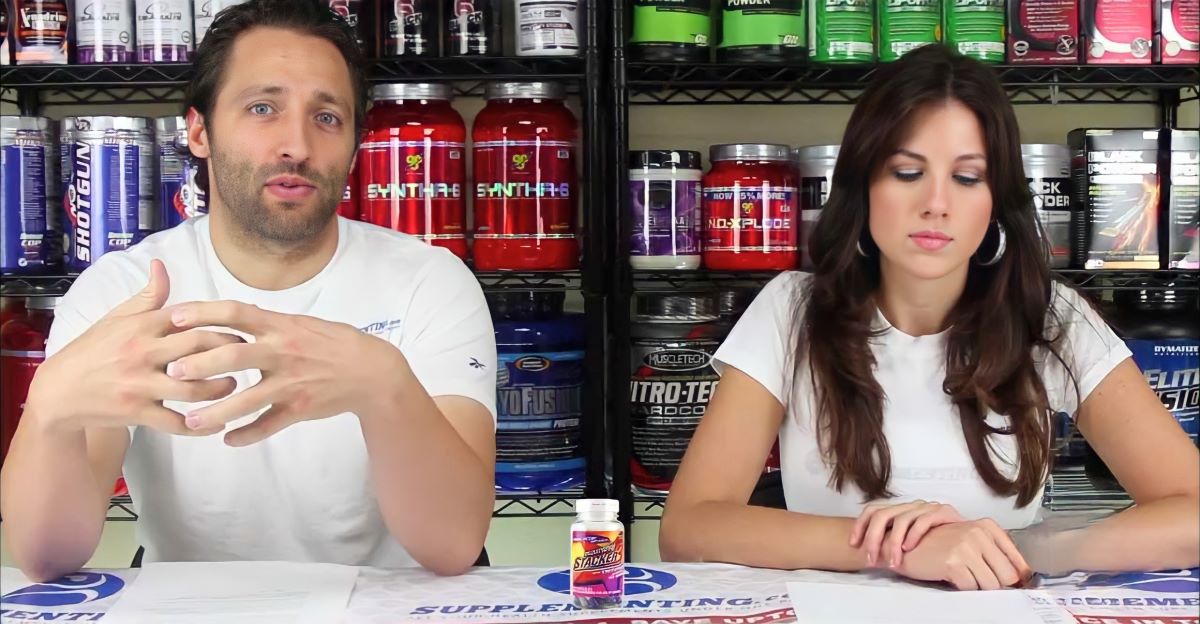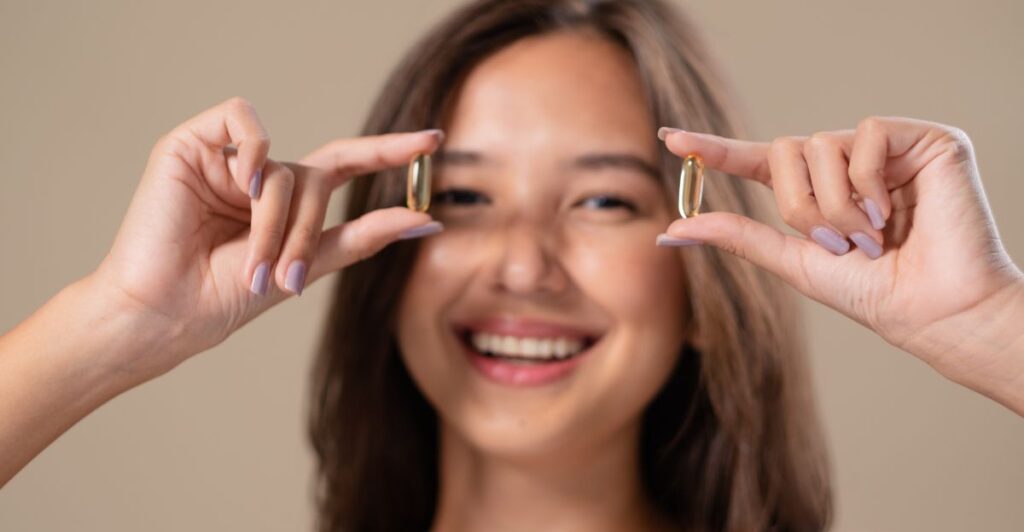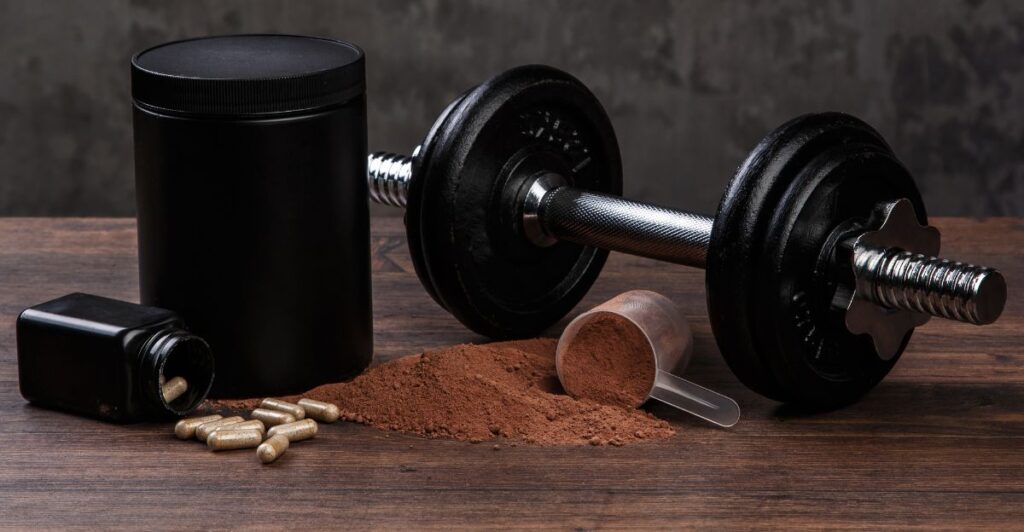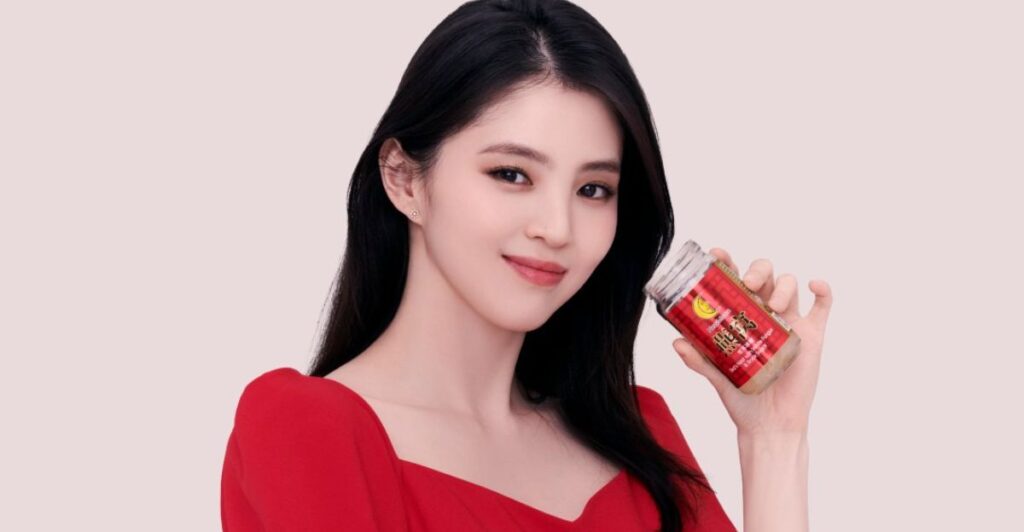
The health and wellness landscape has undergone a significant transformation in recent years. Traditional dieting programs, once the cornerstone of weight management, are declining. For instance, WeightWatchers, a dominant force in diet culture with over 5 million members at its peak in 2020, filed for bankruptcy in the U.S., highlighting consumers’ shifting preferences. This decline is attributed to the rise of weight-loss drugs like Ozempic and Mounjaro, which have challenged the relevance of conventional dieting methods.
Simultaneously, there’s a burgeoning interest in beauty and wellness supplements. The global beauty supplement market, valued at USD 3.3 billion in 2024, is projected to grow at a CAGR of 9.6% between 2025 and 2034. This growth is fueled by consumers seeking holistic approaches to skincare and overall well-being, emphasizing that beauty starts from within. Products like collagen powders, vitamins, and herbal extracts are gaining traction, supported by endorsements from celebrities and influencers. This shift from traditional dieting to supplement-based wellness reflects a broader change in societal attitudes towards health, beauty, and self-care.
The Evolution of Beauty Standards

Beauty standards have always been fluid, influenced by cultural, societal, and media narratives. Recently, there’s been a noticeable shift towards embracing holistic wellness over mere physical appearance. This evolution is evident in the growing popularity of beauty supplements that promise benefits like improved skin hydration, hair health, and nail strength.
The emphasis is now on achieving beauty from within, aligning with the idea that internal health reflects external appearance. This perspective has increased consumer interest in products that support overall well-being, rather than just targeting weight loss. The rise of the body positivity movement further underscores this shift, challenging traditional beauty norms and promoting self-acceptance. As society continues to redefine beauty, the focus is moving away from restrictive diets towards sustainable, health-centric practices.
The Science Behind Supplements

The efficacy of beauty and wellness supplements is a topic of ongoing research. Ingredients like collagen, biotin, and omega-3 fatty acids are commonly found in these products, each purported to offer specific benefits. For instance, collagen supplements are believed to improve skin elasticity and hydration, while biotin is associated with hair and nail health.
However, it’s essential to approach these claims with a critical eye. While some studies support the benefits of certain supplements, others highlight the need for more rigorous research. Moreover, the supplement industry is not as tightly regulated as pharmaceuticals, leading to product quality and efficacy variability. Consumers are advised to consult healthcare professionals before incorporating supplements into their routines and to prioritize products backed by scientific evidence.
The Role of Social Media and Influencers

Social media platforms have become powerful tools in shaping consumer behavior, especially in the health and beauty sectors. Influencers and celebrities often endorse supplements, sharing personal testimonials and before-and-after transformations. This visibility increases awareness and lends credibility to these products, influencing purchasing decisions.
However, this trend also raises concerns about the dissemination of misinformation. Not all promoted products are backed by scientific evidence; some may even pose health risks. The allure of quick fixes and the desire to emulate admired figures can lead consumers to make uninformed choices. It’s crucial for consumers to critically evaluate such endorsements and seek information from reputable sources before adopting new health practices.
Regulatory Landscape and Consumer Safety

The supplement industry operates within a complex regulatory framework that varies across regions. In the United States, dietary supplements are not subject to the same rigorous approval process as pharmaceuticals, leading to product safety and efficacy concerns.
This regulatory gap has resulted in instances where products contain unapproved ingredients or make misleading claims. In response, some jurisdictions have implemented stricter regulations. For example, New York has banned the sale of certain weight-loss supplements to minors, aiming to protect vulnerable populations from potential harm.
As the industry continues to grow, there’s an increasing need for standardized regulations to ensure consumer safety and product integrity.
Personalized Nutrition and Holistic Health

The concept of personalized nutrition is gaining traction, with consumers seeking tailored health solutions that align with their needs and lifestyles. Advancements in technology have enabled companies to offer customized supplement regimens based on factors like genetic makeup, dietary preferences, and specific health goals.
This approach aligns with the broader holistic health trend, emphasizing physical, mental, and emotional well-being interconnectedness. By addressing health from multiple angles, personalized nutrition aims to provide more effective and sustainable outcomes. As consumers become more informed and proactive about their health, the demand for personalized, holistic solutions is expected to rise.
The Economic Impact on the Diet Industry

The shift towards supplements and holistic wellness has significant economic implications for the traditional diet industry. As seen with WeightWatchers ‘ bankruptcy filing, companies that once dominated the market are experiencing declines.
Conversely, the beauty and wellness supplement market is witnessing robust growth. For instance, the global beauty supplement market was valued at USD 3.3 billion in 2024 and is projected to grow at a CAGR of 9.6% between 2025 and 2034. This economic shift underscores changing consumer preferences and highlights the need for traditional diet companies to adapt to the evolving wellness landscape.
The Influence of Celebrity Endorsements

Celebrity endorsements are pivotal in shaping consumer perceptions and driving demand in the supplement industry. High-profile figures often launch their supplement lines or collaborate with existing brands, leveraging their influence to promote products.
While such endorsements can boost product visibility and credibility, they also raise questions about the authenticity and efficacy of the promoted supplements. Consumers are encouraged to approach celebrity-backed products with discernment, ensuring that their choices are informed by evidence-based information rather than mere star appeal. As the line between celebrity influence and consumer health continues to blur, the importance of critical evaluation becomes paramount.
The Role of Technology in Supplement Innovation

Technological advancements are revolutionizing the supplement industry, leading to the development of innovative products and delivery methods. From personalized supplement regimens based on genetic testing to novel formats like gummies and liquid shots, technology is enhancing both the efficacy and user experience of supplements.
These innovations cater to the modern consumer’s demand for convenience, personalization, and effectiveness. As technology evolves, it’s expected to transform the supplement landscape further, offering more tailored and efficient health solutions. However, with rapid innovation comes the need for rigorous testing and regulation to ensure product safety and efficacy.
Fashion and Beauty: Reflecting the Wellness Shift

The wellness movement’s influence extends beyond health and supplements, permeating the fashion and beauty industries. There’s a growing emphasis on natural beauty, self-care, and body positivity, challenging traditional aesthetics and promoting inclusivity.
Fashion brands increasingly feature diverse body types and promote clothing that prioritizes comfort and self-expression over conformity. Similarly, beauty brands focus on products that enhance natural features and support skin health, aligning with the holistic wellness ethos. This shift reflects a broader societal change, where beauty and fashion are no longer about adhering to rigid standards but embracing individuality and well-being.